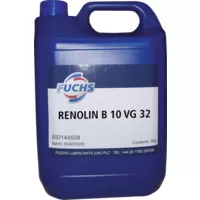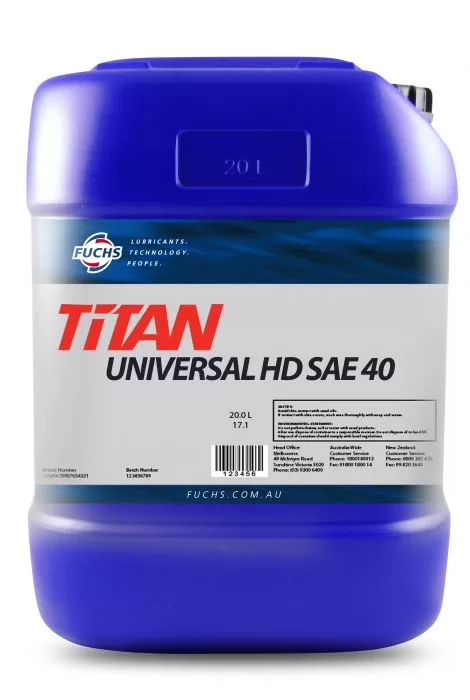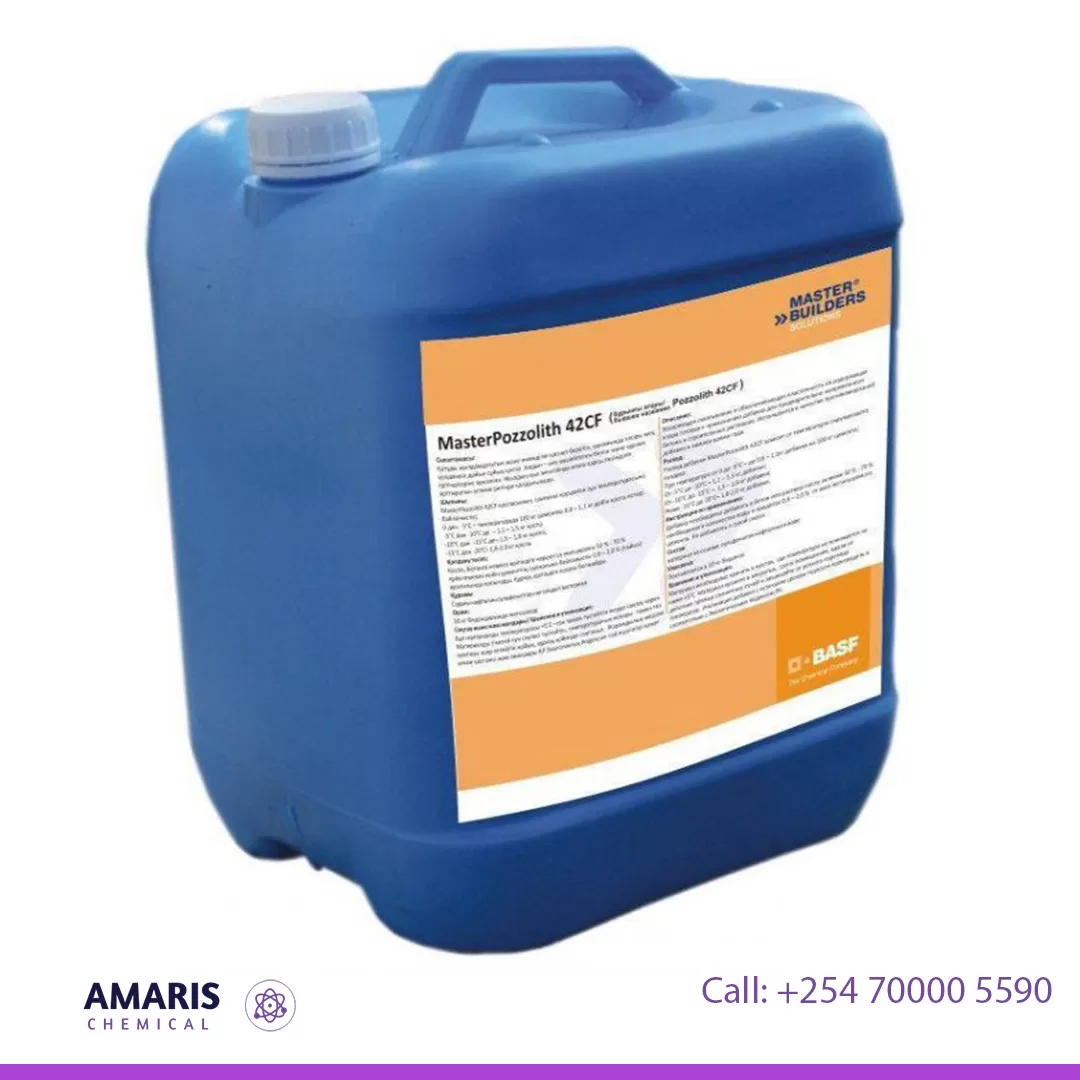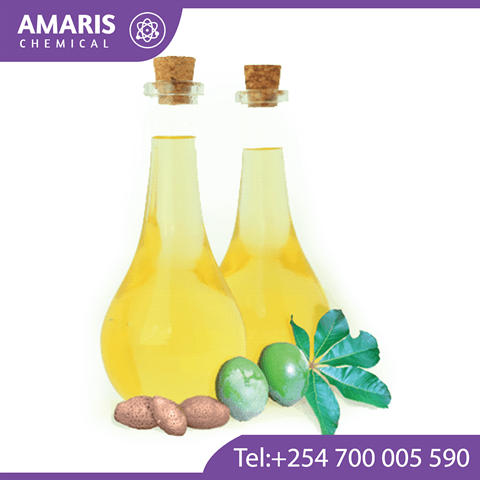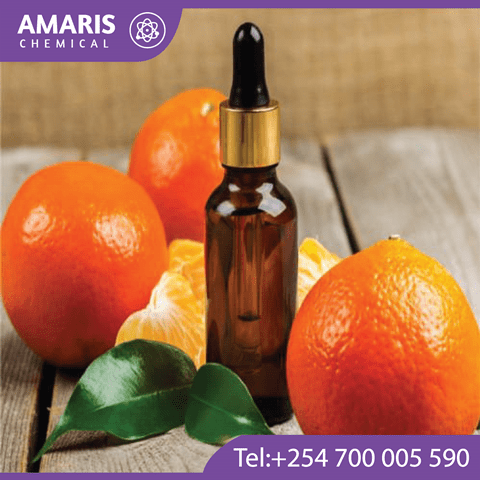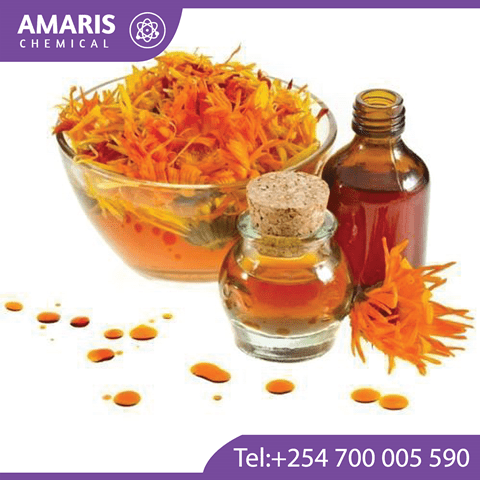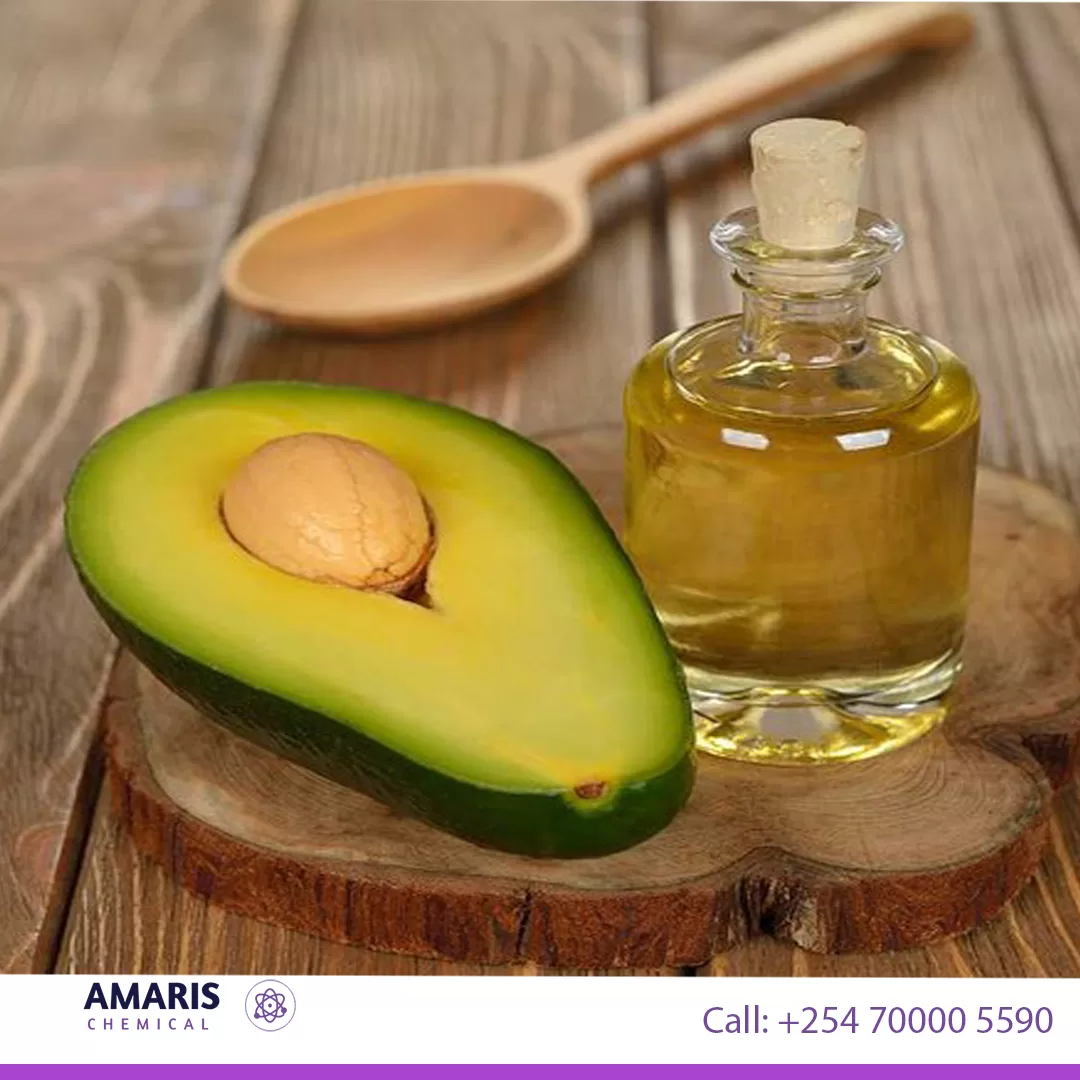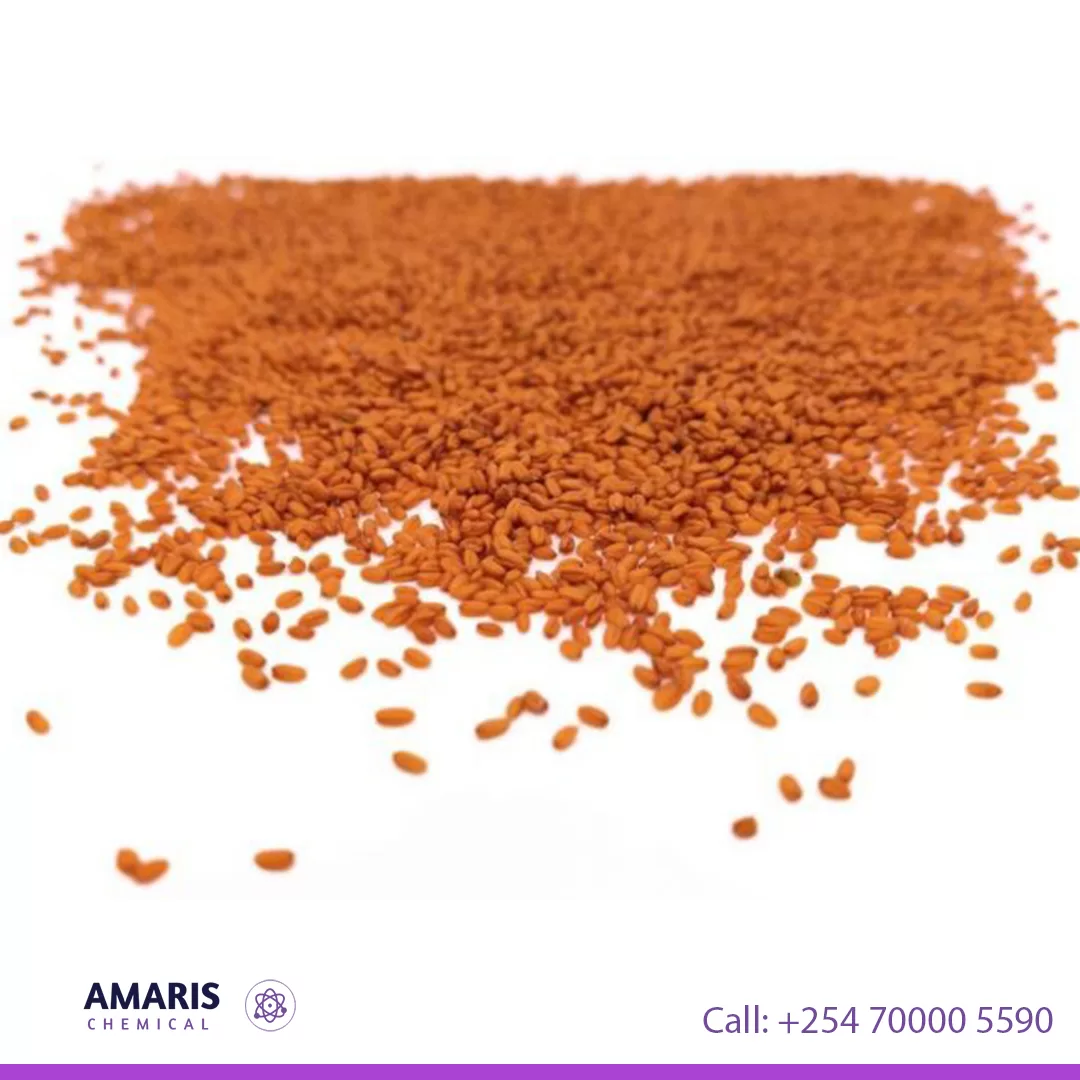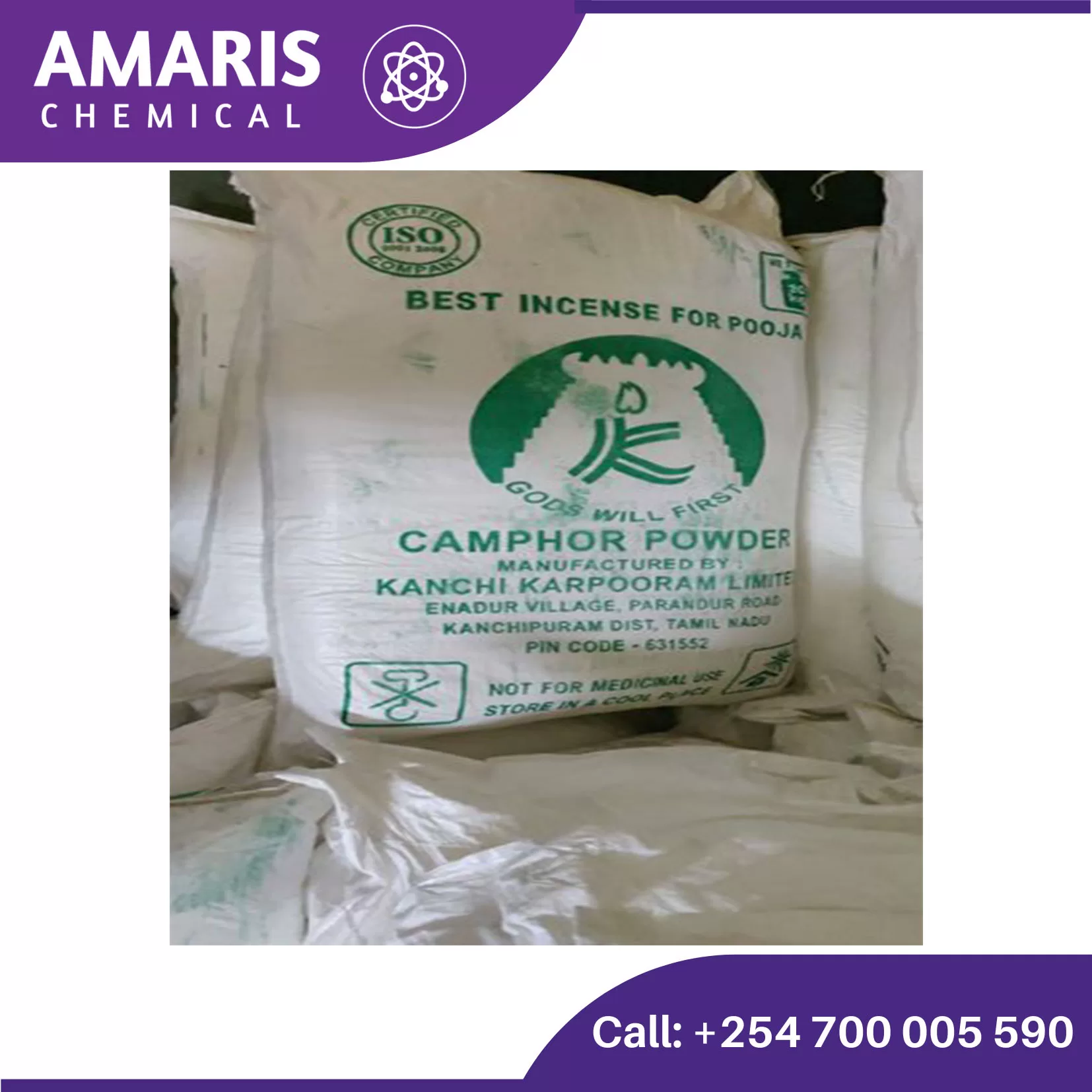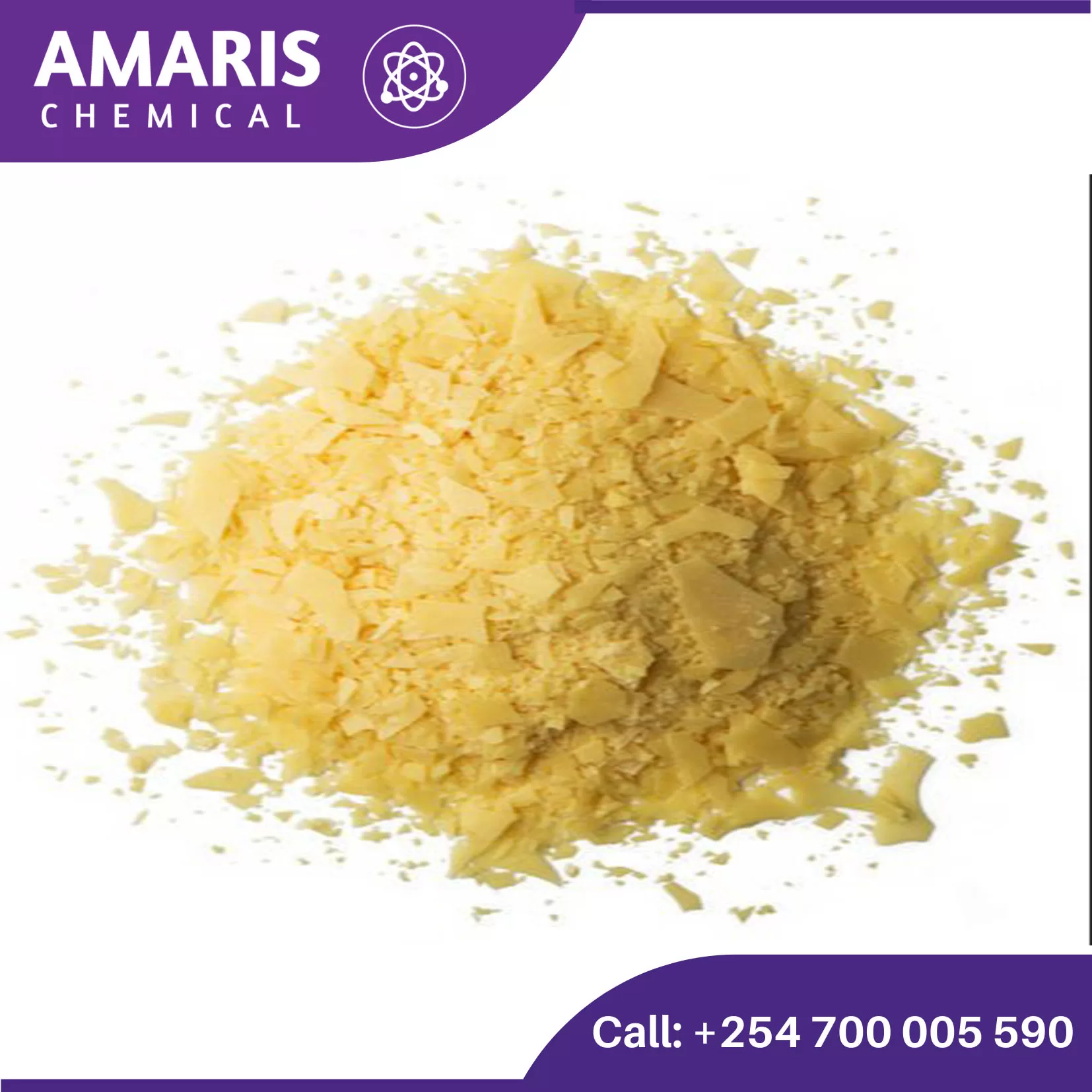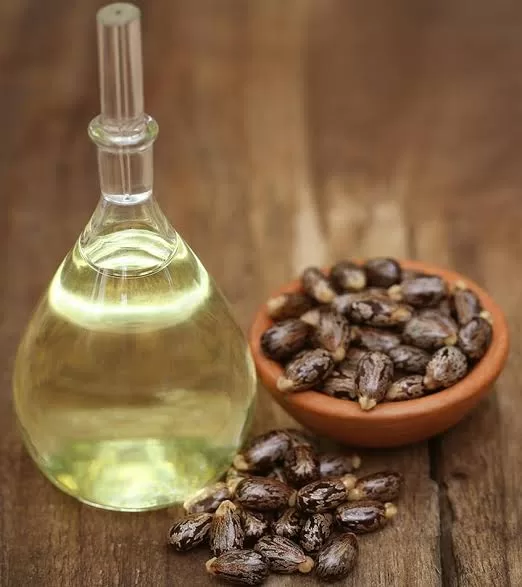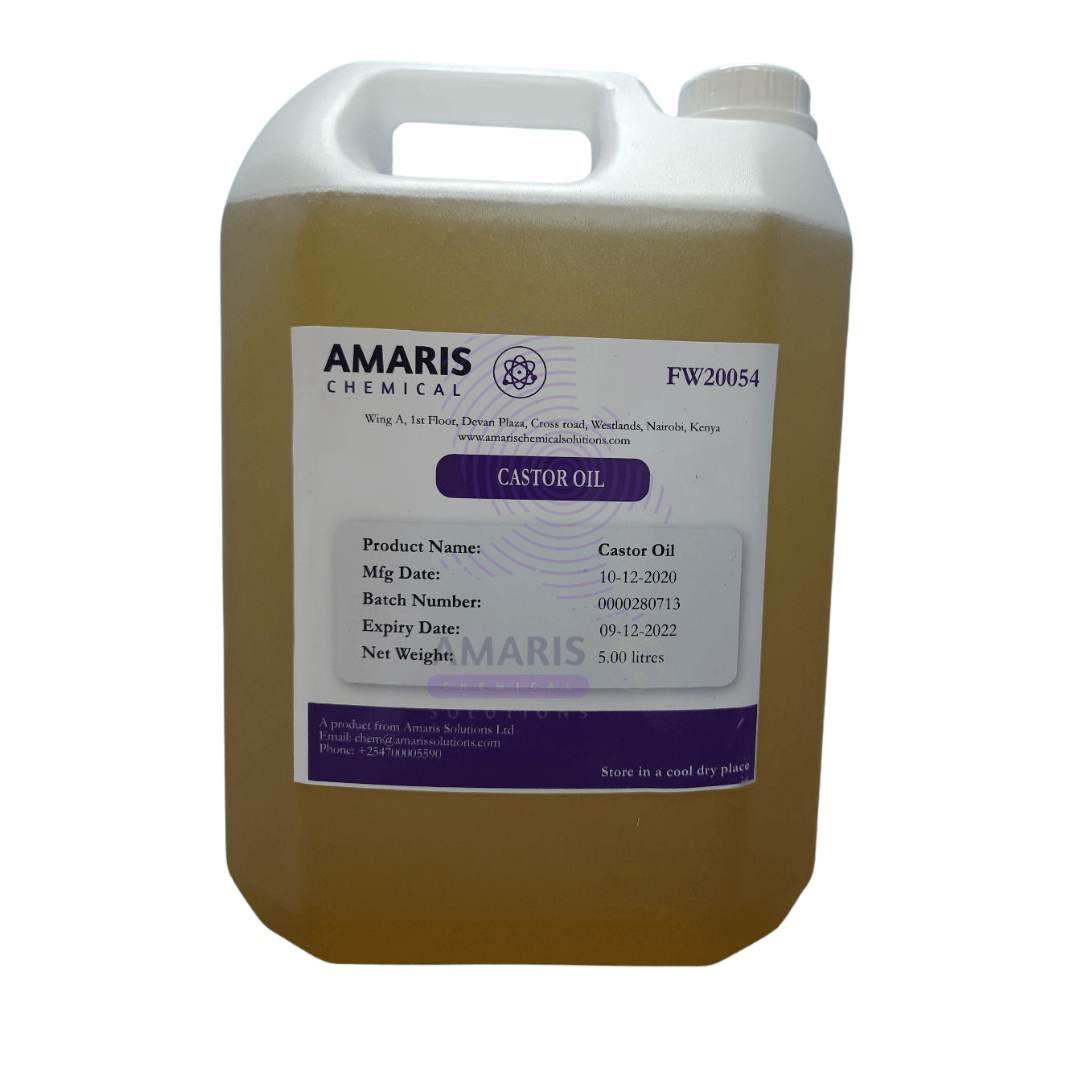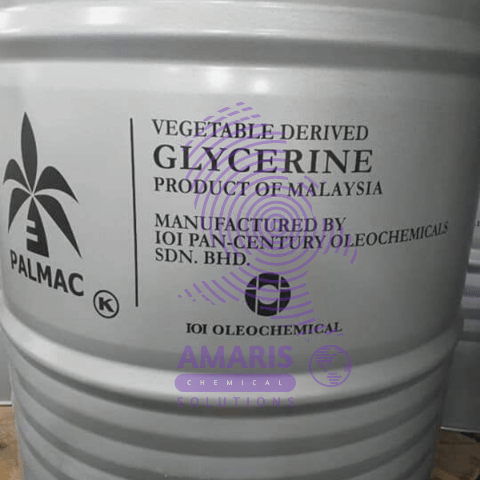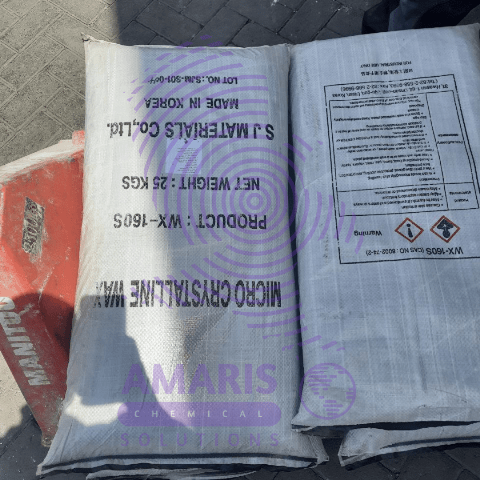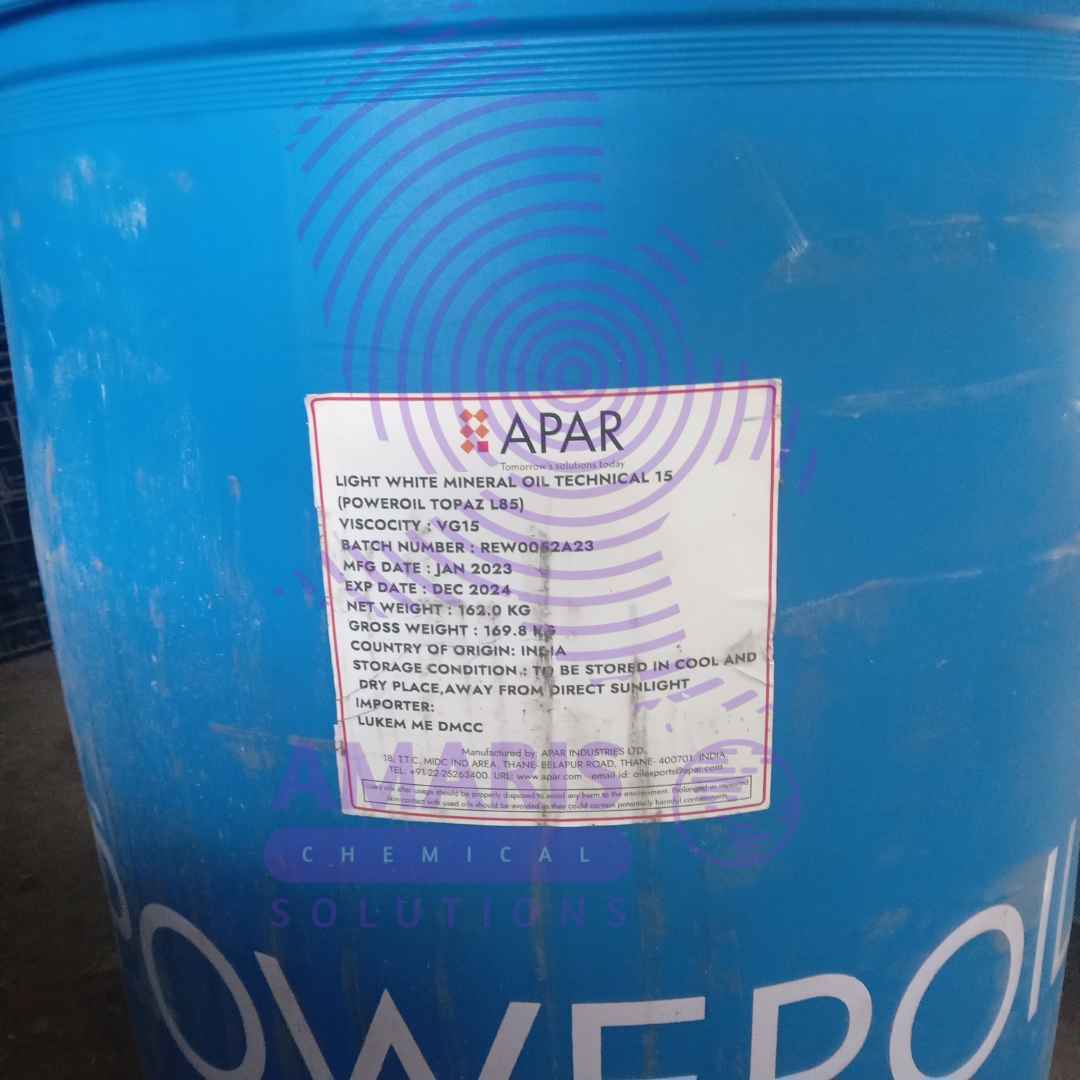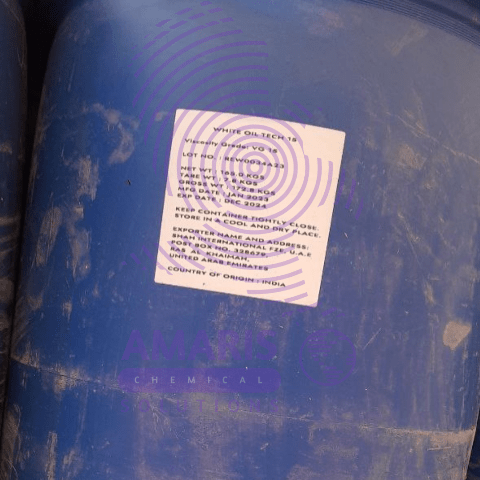“Polysorbates” has been added to your cart. View cart
Shipping & Delivery


MAECENAS IACULIS
Vestibulum curae torquent diam diam commodo parturient penatibus nunc dui adipiscing convallis bulum parturient suspendisse parturient a.Parturient in parturient scelerisque nibh lectus quam a natoque adipiscing a vestibulum hendrerit et pharetra fames nunc natoque dui.
ADIPISCING CONVALLIS BULUM
- Vestibulum penatibus nunc dui adipiscing convallis bulum parturient suspendisse.
- Abitur parturient praesent lectus quam a natoque adipiscing a vestibulum hendre.
- Diam parturient dictumst parturient scelerisque nibh lectus.
Scelerisque adipiscing bibendum sem vestibulum et in a a a purus lectus faucibus lobortis tincidunt purus lectus nisl class eros.Condimentum a et ullamcorper dictumst mus et tristique elementum nam inceptos hac parturient scelerisque vestibulum amet elit ut volutpat.
Related products
Avocado wax
Avocado wax, also known as avocado oil wax or Persea Gratissima (Avocado) Oil, is a natural wax derived from the fruit of the avocado tree (Persea americana). It is obtained by cold-pressing the flesh of the avocado fruit and then further refining the extracted oil to obtain a solid, waxy substance.
Avocado wax has a high melting point and a rich, creamy texture, which makes it an excellent ingredient for various cosmetic and personal care products. It is often used as a natural alternative to petroleum-based waxes or synthetic emollients.
The wax contains a combination of fatty acids, such as oleic acid, palmitic acid, and linoleic acid, which contribute to its emollient and moisturizing properties. Avocado wax forms a protective barrier on the skin, helping to retain moisture and prevent moisture loss. It is known for its nourishing, softening, and smoothing effects on the skin and hair.
In summary, avocado wax is a natural wax derived from avocado fruit, prized for its moisturizing, emollient, and protective properties, making it a valuable ingredient in various cosmetic and personal care products.
Carnauba wax
Carnauba wax is a natural wax derived from the leaves of the carnauba palm (Copernicia prunifera), which is native to northeastern Brazil. Known as the "queen of waxes," carnauba wax is highly valued for its hardness, high melting point, and glossy finish. Here are some key points about carnauba wax:
Properties
- Appearance: It comes in flakes or powder and is typically light yellow to brownish in color.
- Melting Point: It has a high melting point of about 82-86°C (180-187°F), making it one of the hardest natural waxes.
- Composition: It is composed of esters, fatty acids, and alcohols, which contribute to its hardness and water-resistant properties.
Castor Oil Food Grade
Glycerin 250 kg Drum Food Grade
Glycerin, also known as glycerol, is a colorless, odorless, viscous liquid that is sweet-tasting and non-toxic. It is a type of alcohol with three hydroxyl (OH) groups, and is commonly used in various industries such as pharmaceuticals, cosmetics, food, and personal care products. Glycerin has numerous applications, including as a solvent, humectant, emollient, and lubricant, among others. It can be derived from both plant and animal sources, and is also produced as a byproduct of soap and biodiesel manufacturing.
Micro crystalline Wax 25kg
Micro crystalline wax is a type of wax derived from the refining process of crude oil. It is composed of a complex mixture of hydrocarbons, with a higher percentage of branched and cyclic molecules than straight-chain molecules. Microcrystalline wax is characterized by its small crystal size, which gives it a smooth texture and makes it less brittle than other types of waxes. It is commonly used in a variety of industries, including cosmetics, pharmaceuticals, and food processing, as a lubricant, emulsifier, and water-resistant coating.
White oil 162kg
White oil is a highly refined, colorless, odorless, and tasteless mineral oil that is commonly used in a variety of industrial, cosmetic, and pharmaceutical applications. It is produced by refining crude oil to remove impurities, resulting in a pure and stable oil that is chemically inert and non-toxic. White oil is typically characterized by its high purity, low viscosity, and low volatility, which makes it an ideal choice for applications where cleanliness, stability, and safety are important. Some common uses of white oil include as a lubricant, a carrier oil for fragrances and flavors, a plasticizer in the manufacturing of plastics, and as an ingredient in personal care products such as lotions and creams.

